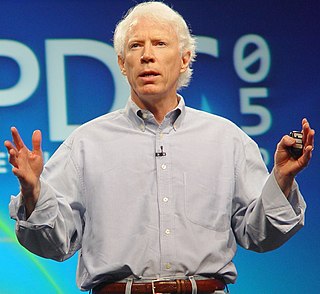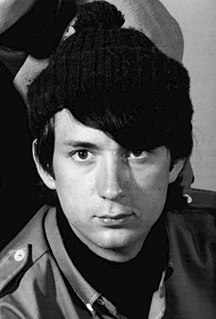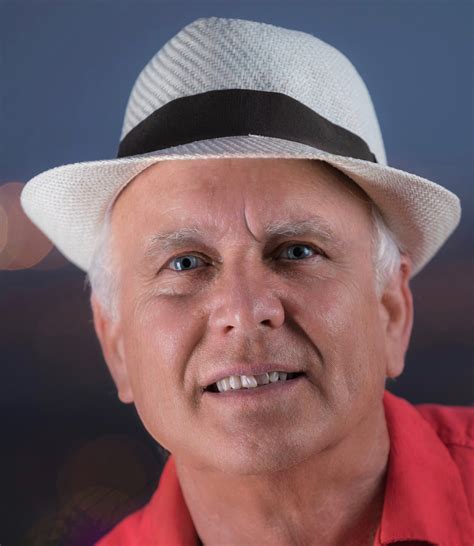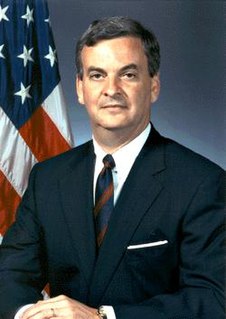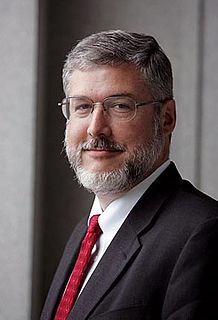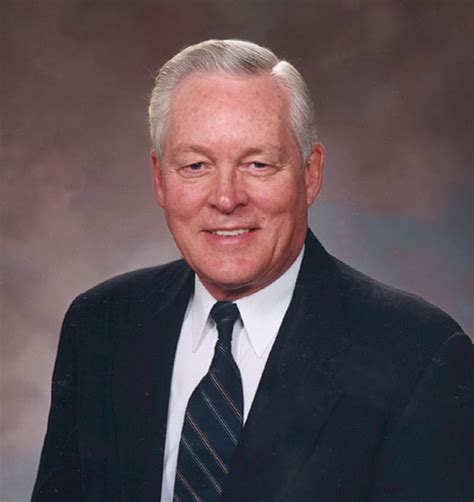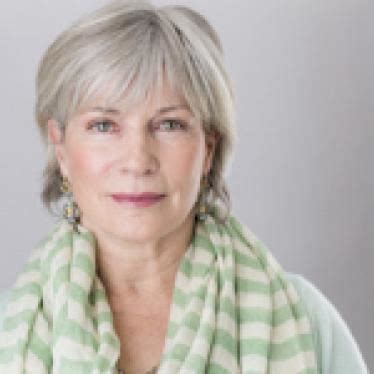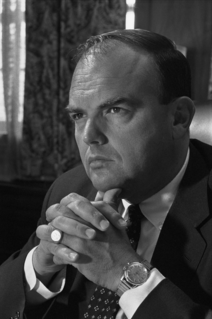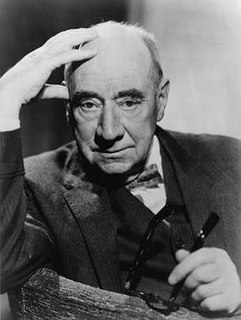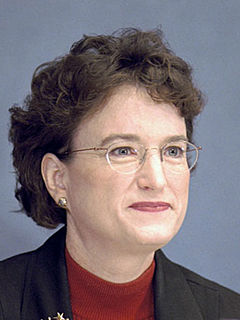A Quote by Stewart Baker
It's very important to remember that it's your intellectual property; it's not your computer. And in the pursuit of protection of intellectual property, it's important not to defeat or undermine the security measures that people need to adopt in these days.
Related Quotes
The alternative to intellectual property is straightforward: intellectual products should not be owned, as in the case of everyday language. That means not owned by individuals, corporations, governments, or the community as common property. It means that ideas are available to be used by anyone who wants to.
A product of your life and liberty is your property. Property is the fruit of your labor, the product of your time, energy, and talents. It is that part of nature that you turn to valuable use. And it is the property of others that is given to you by voluntary exchange and mutual consent. Two people who exchange property voluntarily are both better off or they wouldn't do it. Only they may rightfully make that decision for themselves.
As I understand it, I am being paid only for my work in arranging the words; my property is that arrangement. The thoughts in this book, on the contrary, are not mine. They came freely to me, and I give them freely away. I have no "intellectual property," and I think that all claimants to such property are theives.





